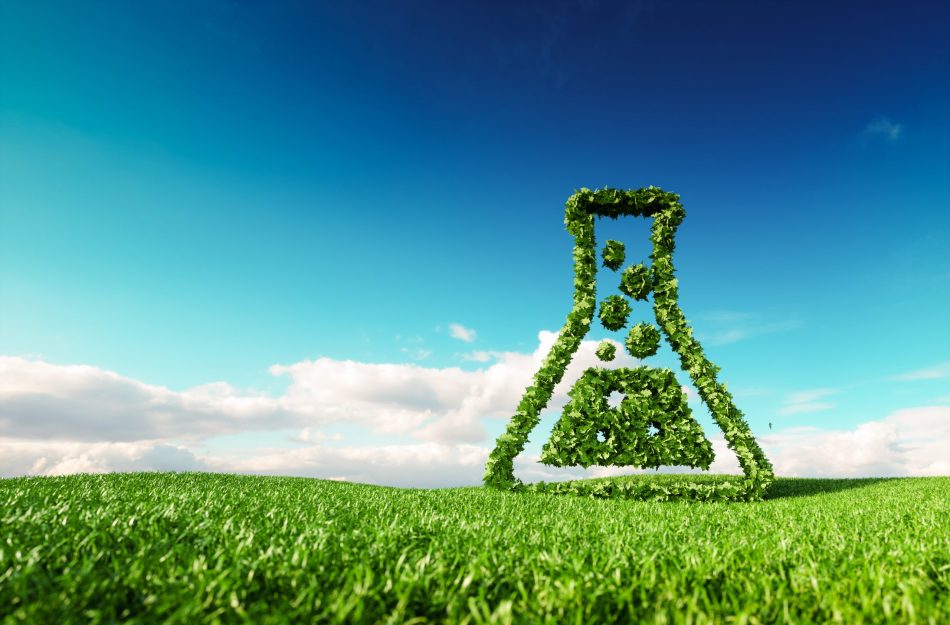Science
From mathematics and AI to medicine and psychology, The Optimist Daily features the latest news on discoveries, technological advances, and breakthroughs in the world of science. Our Science section is here to engage and enlighten you.

Insects and lab-grown meat could reduce environmental impact by 80 percent
We at The Optimist Daily have written a lot before about the environmental benefits of lab-grown meat and insects as an alternative protein source, and the body of research for this cultural and scientific protein shift keeps growing. A new study published in Nature Food found that replacing Read More...

How autonomous cars may predict road behavior in the future
To safely deploy autonomous vehicles on our roads, we first must ensure that they can accurately predict the movement of pedestrians, cyclists, and other fellow drivers. With so many people and vehicles on the roads today, though, behavior prediction can be a really daunting task. MIT researchers Read More...

MIT team creates high-quality, paper-thin loudspeaker
We live in a time when concepts are turned on their heads. We’re starting to pull carbon out of the atmosphere, instead of emitting it. We’re adapting our cities to wildlife, instead of trying to kick animals out. And we’re making technology more efficient by making it smaller, instead of the Read More...

Whales' "grumbles" give a glimpse into their lives
The sea is still largely unexplored and not understood, with a recent study revealing that two-thirds of seafloor life is waiting to be discovered. Even the species that are well studied are still shrouded in mystery and there is lots of work to be done in understanding sea life biology, migration Read More...

The formula of “flow”: how we get in the zone at work
We’ve all experienced the fulfilling experience of “flow.” This is the immersive and usually elating state of mind we reach when we are creatively moving from one sentence to another deep into a writing project, reacting thoughtlessly and rapidly in a basketball game, or even operating at Read More...

The EU is going on a cleanse with the world’s biggest chemical ban
From what we now know, the fact that something is convenient doesn’t at all mean it’s safe. Chemical pollution from everyday products is considered responsible for a host of problems from the endangerment of marine life to declining human fertility rates and many other health Read More...

Six ways to encourage pollinating bees in your garden
Bees are the most prolific pollinators on the planet and every gardener’s best friend. The majority of flowering plants in the world need the help of pollinating animals like bees to reproduce, and they pleasantly add a gentle buzz to the air. So how do you make sure that your local bee Read More...

These electric chopsticks make low-salt food taste better
Given its unrivaled abilities to improve the way our food tastes, it’s safe to say that salt is the building block of flavor. Too little of the stuff and you’re eating a bland dish. Overdo it, however, and you may increase your chances of health problems such as heart disease. Looking to find a Read More...

Understanding choices around birthing could save mother’s lives
The U.S. has the highest perinatal (the period a mother becomes pregnant up to a year after giving birth) morbidity and mortality rates of all the high-resource countries. Of the mothers affected, the risk for Hispanic and Black women increases threefold compared to non-Hispanic and White Read More...

New jellyfish species named after Monterey Bay Aquarium volunteer
As we explore further into space, we also discover new oddities every day in our own waters. The National Oceanic and Atmospheric Administration (NOAA) says that more than 80 percent of the world’s oceans remain unmapped and undiscovered. Scientists estimate that 91 percent of ocean species have Read More...


